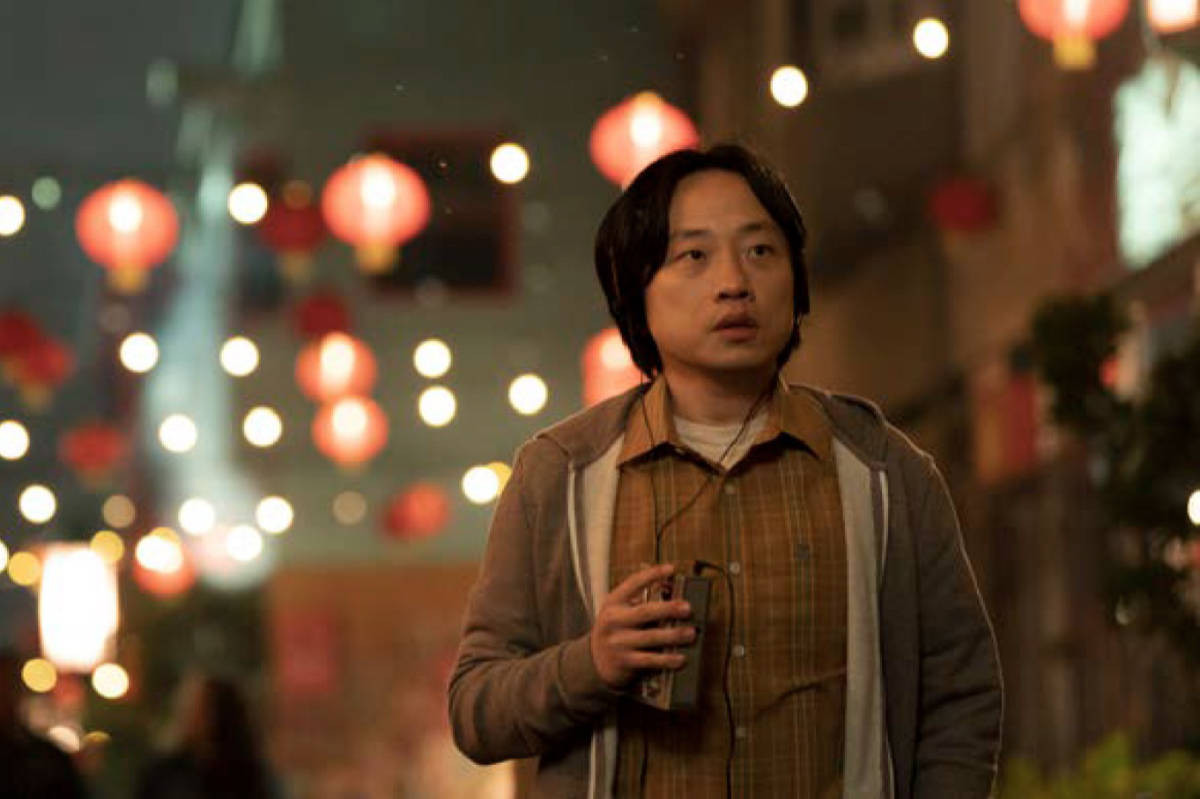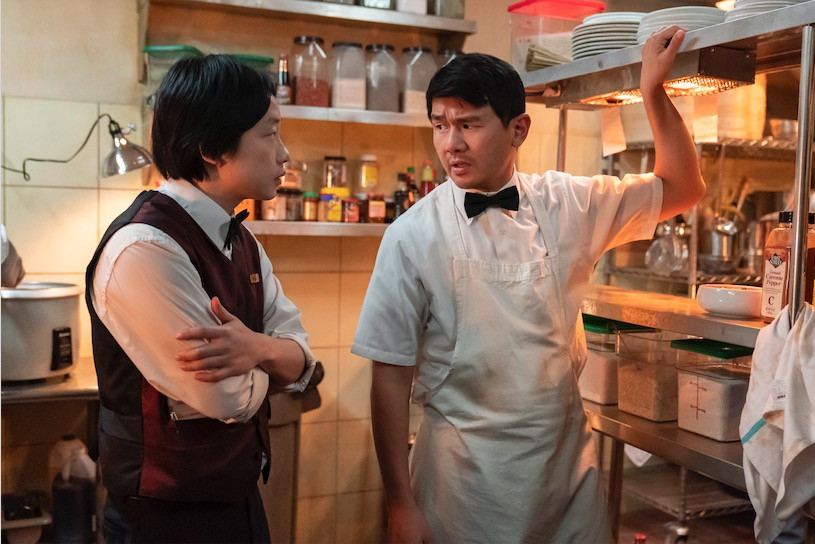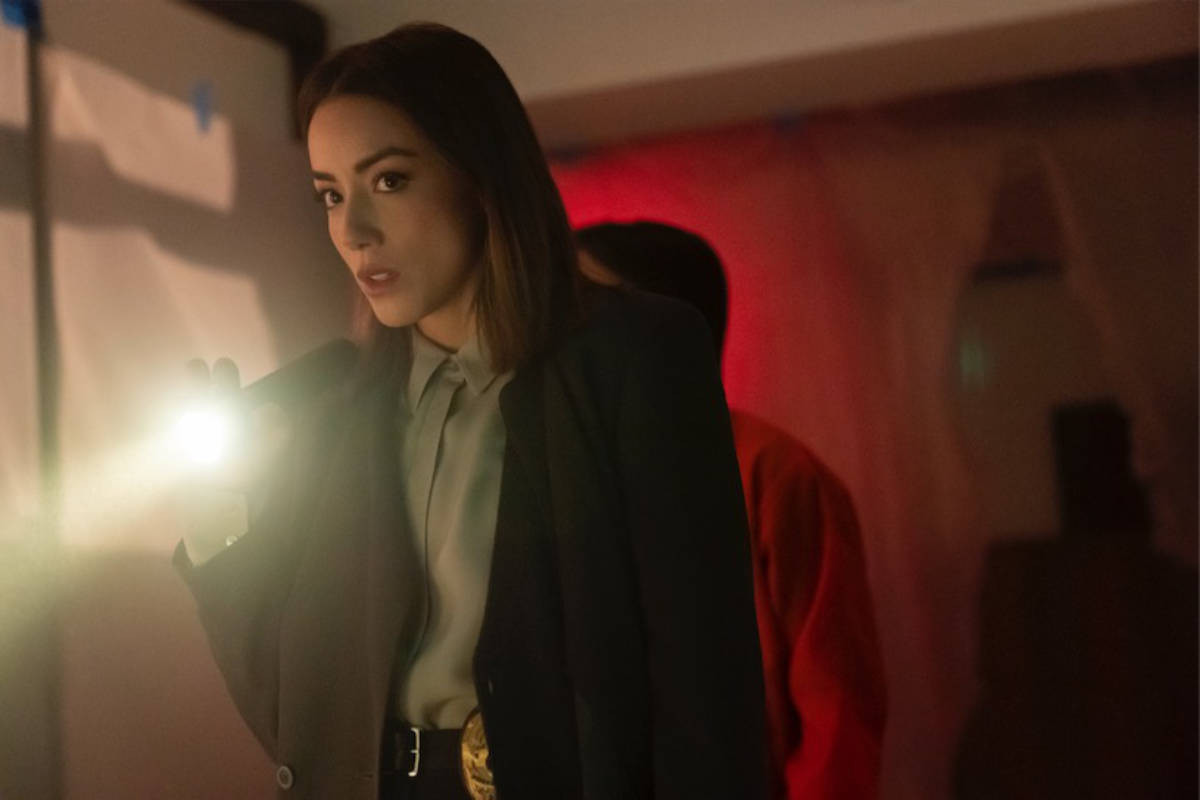Interior Chinatown: A Meta-Exploration of Identity and Hollywood Tropes
The Hulu series, Interior Chinatown, based on Charles Yu's award-winning novel, attempts a daring feat: adapting a metafictional story about Asian-American representation in Hollywood into a television show. The result is a mixed bag, a series that is both thought-provoking and frustratingly uneven. The show, executive produced by Taika Waititi, centers on Willis Wu (Jimmy O. Yang), a waiter at his uncle's restaurant and a perpetual background character in a fictional police procedural, Black & White.
The Show Within a Show: A Clever Gimmick with Limitations
The series’ unique structure, reminiscent of Kevin Can F** Himself*, employs visual shifts and altered perspectives to distinguish between reality and the fantastical world of Black & White. This initial device, cleverly mocking the clichés of police procedurals and Hollywood's stereotypical portrayal of Asian Americans, immediately grabs the viewer's attention. Lisa Gilroy, in particular, shines, delivering absurd dialogue that elevates the show's satirical edge. However, relying on visual cues alone, instead of explicit exposition, hinders the show's ability to clearly communicate the rules of its multifaceted reality, leaving the audience often grasping for context.
Navigating Multiple Realities
The show's setting, the fictional Chinatown of Port Harbor, exists in a liminal space between reality and the constructed world of television. This is highlighted by the symbolic tunnel, representing the limited mobility of its inhabitants, mirroring the real-world experiences of many Asian Americans. Yet, the show's attempt at subversion is sometimes undercut by more grounded subplots, such as Willis' mother pursuing her real estate license. While aiming to demonstrate the complexity of lives within Chinatown, the narrative’s simultaneous exploration of both the fantastical and the realistic often feels jarring and disjointed. This lack of cohesive storytelling leads to tonal inconsistencies, diminishing the impact of the show's social commentary.
The Mystery at the Heart of Chinatown
The central mystery revolves around the disappearance of Willis' brother, a skilled kung fu master. This provides a framework for Willis to become actively involved in solving the case alongside Detective Lana Lee (Chloe Bennet), a mixed-race detective assigned to Black & White for her supposed “cultural expertise.” The investigation, however, is often undermined by the show’s surreal nature. The bending of reality, exemplified by a bomb magically defusing itself, reduces the stakes of the mystery and detracts from the emotional weight of Willis' quest to find his brother. The show’s choice to delay the reveal of the brother’s fate prioritizes meta-commentary over narrative drive, leaving the audience invested more in abstract ideas than the emotional journey of the characters. This choice makes the pacing uneven, shifting between moments of sharp wit and overly drawn-out sequences that lack narrative payoff.
The Supporting Cast and Unfulfilled Potential
While Yang delivers a compelling performance as the weary-yet-hopeful Willis, Ronny Chieng, as his friend Fatty, provides much-needed comic relief. His interactions add levity, though his character's rude antics to white patrons feel repetitive and one-dimensional. The show occasionally relies too heavily on these comedic diversions which dilute the emotional core of Willis's struggle. The performances of Tzi Ma and Diana Lin as Willis' parents, however, are underutilized, leaving their potential contributions largely unexplored. The show ultimately prioritizes its meta commentary over creating fully developed relationships, making some supporting characters feel shallow and underdeveloped.
A Thought-Provoking, Yet Uneven Journey
Interior Chinatown is a show of ambitious contrasts. It successfully satirizes Hollywood tropes and explores the complexities of Asian-American identity, yet it struggles to balance its meta-narrative with a compelling character-driven story. The show's visual style and comedic moments are sharp and often brilliant. Yet its structural choices frequently disrupt narrative flow and undermine its emotional impact. The show’s exploration of the meta-nature of representation feels profound at times, but the constant shifting between various realities makes for a viewing experience that is, at times, both dizzying and unsatisfying. The attempt to be both a cerebral thought experiment and an engaging character drama, ultimately leaves it in a cinematic no-man’s land. Though it offers some memorable moments and thought-provoking insights, the show's uneven pacing and narrative choices prevent it from reaching its full potential. In the end, it leaves the viewer pondering more about what could have been, rather than the resolution of Willis Wu's journey.



















